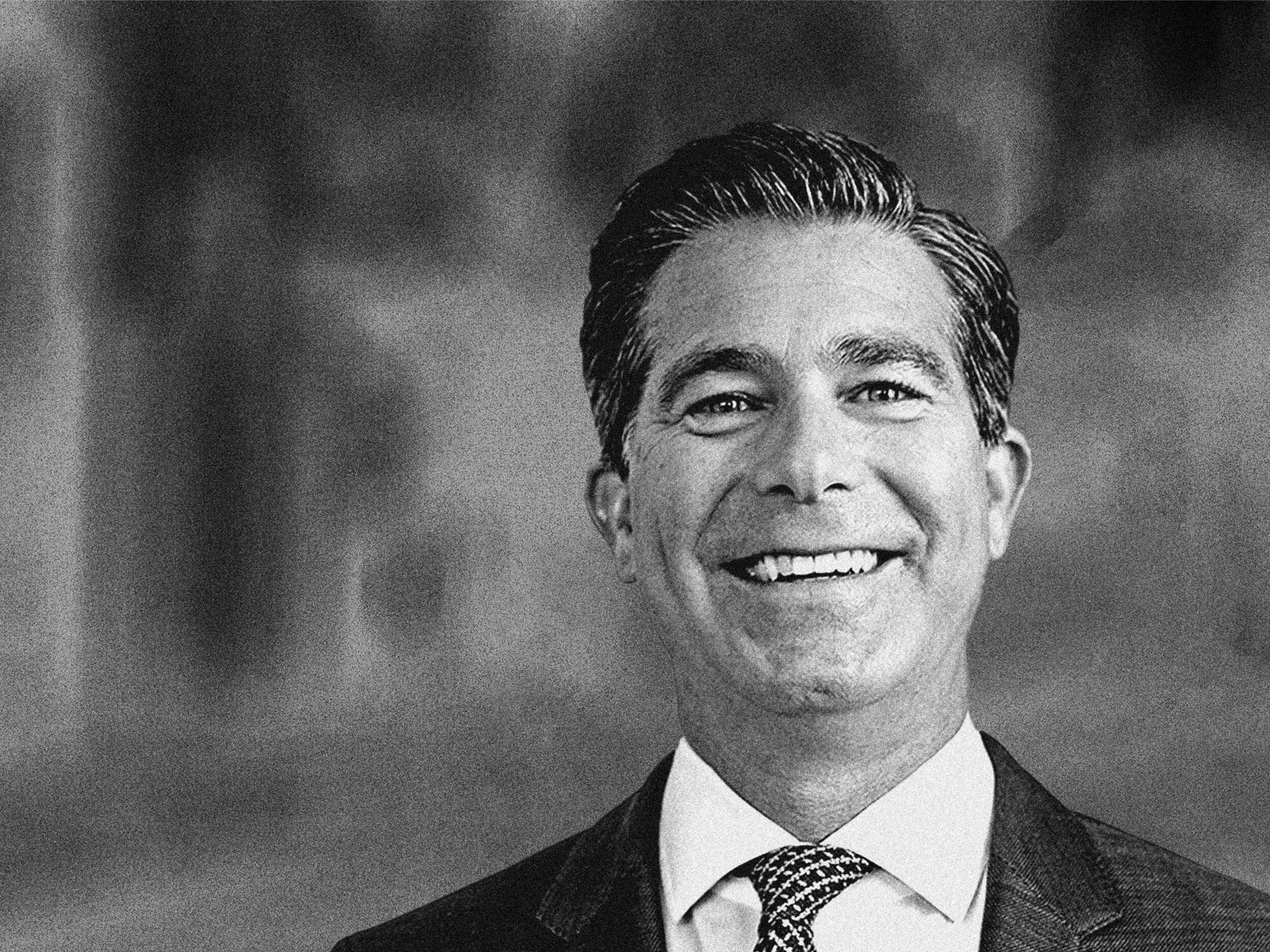Ross Gerber founded Gerber Kawasaki Wealth & Investment Management in 2010 from the depths of a global economic meltdown and sever personal losses, including the burning down of his house. Gerber then rose from the ashes like a phoenix to become one of the first listed investment companies to adopt Facebook [FB] as a means to reach a target audience.
“When the financial crisis happened, they [AIG] fired all the compliance people who were stopping us from using social media. So, we just started using Facebook and we got 30,000 fans really quickly,” he tells Opto Sessions.
Listen to the interview:
Gerber, along with his business partner Danilo Kawasaki, now looks after 8,000 clients and more than $2bn in assets under management. Gerber’s candid insight has seen him become a regular on Bloomberg, Reuters, Yahoo Finance, CNN, and Forbes.
Kawasaki’s investing philosophy is not a secret. “We put it all out on Twitter [TWTR], we put it out on YouTube [GOOGL]. We have no hidden secrets here,” Gerber said. “Everybody knows what we’re buying and selling… There’s no secret formula for making money in this arcade.”
Gerber was first exposed to investing in his teens when he received Apple [AAPL] and Disney [DIS] shares as a present, which he continues to hold. As a child, he contrasted the hard work his father put in as a dentist with the income his grandfather received from his investments. His fascination from there took him to begin investing in the 1990s and his timing hit a bullseye. “I was the only guy with a laptop. I started buying tech stocks. One morning I woke up and [thought], one day every single person will have a computer on their desk and I’m going to invest in computers… I was a multimillionaire by the time I was 28. It was great.”
“I was the only guy with a laptop. I started buying tech stocks. One morning I woke up and [thought], one day every single person will have a computer on their desk and I’m going to invest in computers… I was a multimillionaire by the time I was 28. It was great”
That said Gerber believes his firm’s market calls are not visionary, just well-identified future potential in businesses. “I don't think that I'm a visionary, I think I see the obvious.” Just like identifying the age of the computers in the 90s, the ageing population of Western economies will be a tailwind for the medical and healthcare sectors. “There’s a big economic upside to solving the problem, not just that there’s a problem to solve. We [have also] got to solve homelessness, but there’s no upside to me. But when you think about investing in healthcare, [there] is upside to society and there’s upside for profit.”
Similarly, advanced technology in pet care presents another opportunity. “The more obvious ones are pet care, which is an area we invested. The pet industry is boom[ing] in the United States… they got gloves to the paws, clothes, fresh delivery food. [Then if] your dog has some problem with his arm, they have arm surgery for the dog now, and if your dog'’ got a limp, [there is] a special wheelchair.”
At Kawasaki Wealth & Investment Management, decision making tends to be open when it comes to market calls, Gerber told Opto Sessions. A debate over calls is welcome without hierarchy and final calls are taken with consensus. Besides healthcare and pets, cryptocurrencies like bitcoin are still a hot subject in the Kawasaki corridors.
For more insights from Ross Gerber, listen to the episode on Opto Sessions.
Listen to the full interview and explore our past episodes on Opto Sessions.
Continue reading for FREE
- Includes free newsletter updates, unsubscribe anytime. Privacy policy


